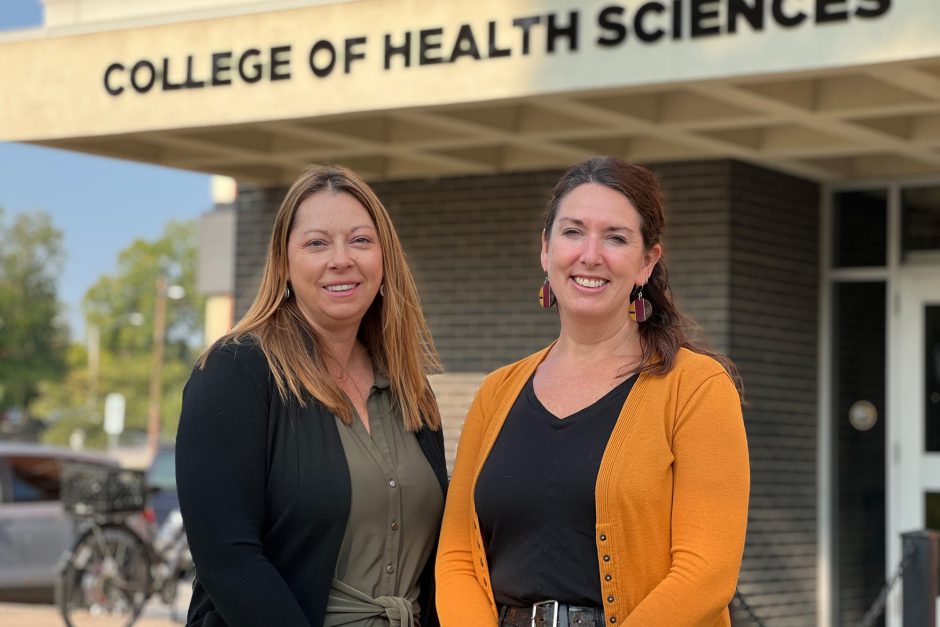
Oct. 17, 2024
Depression, pain and grief over her daughter’s suicide led Dianne Cain to a mental breakdown and her own suicide attempt. Her son desperately needed help for his mother, and he found it through the University of Missouri’s Integrative Behavioral Health Clinic (IBHC).
“I had done therapy before, but it didn’t work,” Cain said. “Thirteen years later I was ready, but I had a lot of grief to process before I could separate those feelings from facts.”
Cain was matched with student clinician Emily Offenheiser, who graduated in spring 2024 with a master’s degree in social work from Mizzou. Cain and Offenheiser worked through the layers of guilt, depression and loneliness Cain had built around herself.
Offenheiser said the “aha” moment for Cain came when she could embrace her daughter and her death without shame. Ultimately, she no longer needed help.
This is just one of countless success stories to come out of the IBHC, a clinic created by Mizzou School of Social Work faculty members and staffed by student clinicians. The clinic is co-directed by faculty members Kelli Canada, associate professor and associate director of research, and Danielle Easter, assistant clinical professor. The IBHC celebrated its 10th anniversary in September 2024.
“It prepares students for clinical work by giving them opportunities to take what they are learning in the classroom and immediately apply it in their work at the clinic,” Easter said. “It gives me hope for the future and so much satisfaction to see where their journeys take them.”
Meeting the moment
The IBHC is nestled in the Family Impact Center, a brick building near downtown Columbia. The student-facilitated clinic is open one day every week, providing clinical mental health services to about 50 clients during its average day of operation. To date, the clinic has served more than 600 clients who might otherwise have slipped through the cracks.
It’s a mutually beneficial relationship: Master of Social Work and counseling psychology students gain valuable experience working with clients, and the clients receive the help they need to function successfully.
Looking ahead to the next decade of healing mid-Missourians through the IBHC, Canada said they hope to continue to grow the couples therapy program.
“We’re always excited to try and meet the needs of the community,” she said. “Couples therapy is expensive and not accessible by many moderate to low-income families. Considering most of our students don’t get extensive training on couples work, offering it through the clinic meets two goals of training students and providing access to care.”
Read more from the College of Health Sciences


